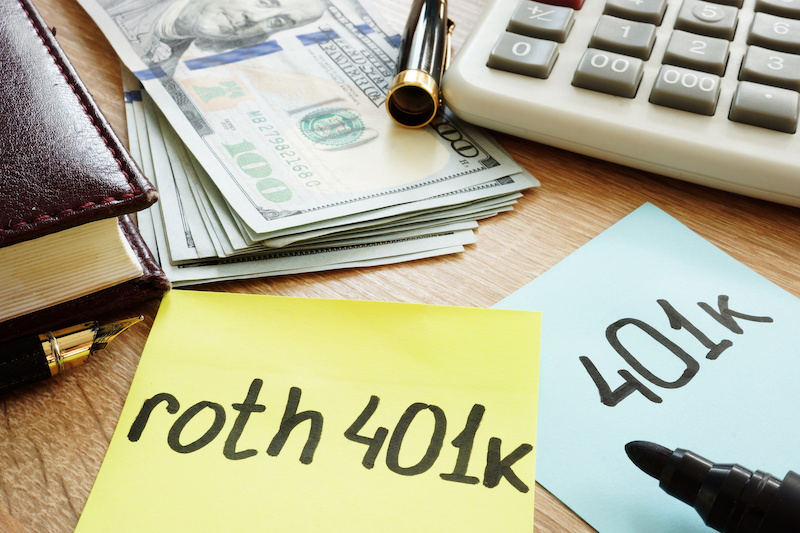Summary
- Due to the coronavirus, you can withdraw up to $100,000 from your 401(k) without a penalty.
- You can also borrow up to $100,000 and pay yourself back with interest.
- Withdrawing or borrowing from your 401(k) should still be a last resort.
You have probably heard many times, “do not touch your 401(k).” While it may seem enticing at times to withdraw or borrow some of your retirement funds, you can be hit with a 10% penalty. But the recent Coronavirus Aid, Relief, and Economic Security (CARES) Act is now allowing you to either withdraw or borrow from your 401(k) without penalty out of understanding the economic impact of COVID-19.
According to the Act, you can now withdraw up to $100,000, or up to 100% of the vested balance, whichever is less, without facing a 10% penalty. Prior to the CARES Act, the amount was up to $50,000 and up to 50% of the vested balance, whichever was less.
Another option is to “borrow” your retirement funds rather than “withdraw” them. If you borrow the money, you will be paying yourself back with interest. However, if you default on this loan, even though you are paying yourself back, you will have to pay a penalty.
While you only want to touch your retirement funds as a last resort, knowing that the CARES Act has made these changes can provide some relief.
For specific investment advice, we recommend speaking with your financial advisor. In the meantime, Credit Sesame is a free valuable resource to help you monitor your credit and explore other credit options during these uncertain times.
Disclaimer: You can trust that we maintain strict editorial integrity in our writing and assessments; however, we receive compensation when you click on links to products from our partners and get approved. This blog article is for informational purposes only and should not be relied on as financial advice. Although reasonable efforts have been made, we do not guarantee the accuracy of the information presented.




















